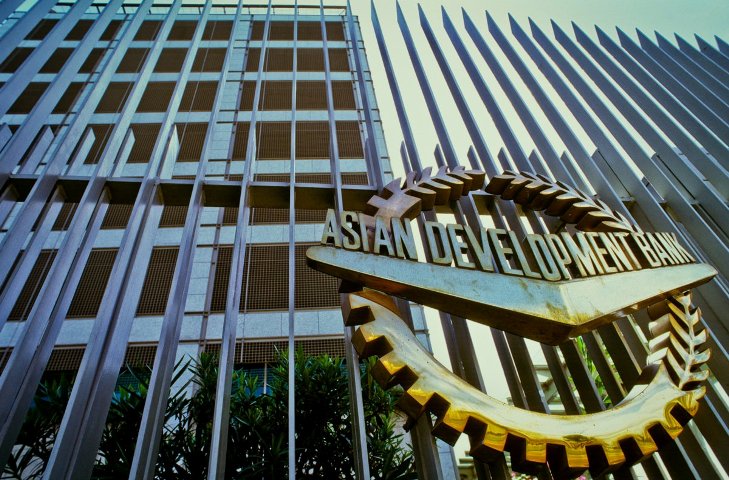Southeast Asia boosting institutional capacity to deliver better services: ADB
The report covers 34 indicators in areas such as public services, including promoting digital government, creating more transparency, and providing better work opportunities for women.

- Country:
- Philippines
Governments in Southeast Asia are strengthening their governance structures and institutional capacity to deliver better services to their people, according to a joint report published today by the Asian Development Bank (ADB) and the Organisation for Economic Co-operation and Development (OECD).
The Government at a Glance: Southeast Asia 2019 provides internationally comparable data on government resources, processes, and outcomes on public governance in member countries of the Association of Southeast Asian Nations (ASEAN). The report covers 34 indicators in areas such as public services, including promoting digital government, creating more transparency, and providing better work opportunities for women.
ASEAN members are Brunei Darussalam, Cambodia, Indonesia, the Lao People’s Democratic Republic, Malaysia, Myanmar, the Philippines, Singapore, Thailand, and Viet Nam.
“Strengthening public institutional capacities is critical to all operations, and ADB remains committed to supporting our developing member countries in improving public sector management functions and financial stability, while promoting more effective, timely, corruption-free, and citizen-centric delivery of public services,” said ADB Vice-President for Knowledge Management and Sustainable Development Mr. Bambang Susantono.
Recent OECD reports highlight the importance of strengthening public sector institutional capacities in ASEAN to improve the quality of life for citizens and foster more equal societies. This report aims to guide public sector reforms and support the achievement of citizen-centric governments.
Seven Southeast Asian countries have introduced digital identification tools and only two have fully integrated their online portals to improve public services and make government services more accessible to the public.
Budget transparency, a key component for open government, allows citizens to access information on how public money is raised, allocated, and used. All Southeast Asian countries publish their approved budget. Eight countries publish citizens’ guides to the budget, which explain in plain language the objectives of the budget and provide information to help citizens understand the budgeting process and assess its impact on their lives. However, only half of them provide economic information, such as the methodology and economic assumptions of the fiscal projections supporting the budget.
All countries are working closely with the private sector to build new infrastructure through public-private partnerships (PPPs), but only half perform relative assessments to evaluate whether PPPs are more efficient than the traditional infrastructure procurement system. The report suggests further analyses and assessments are needed for informed decision making to improve infrastructure management.
The report shows that women are well-represented in the public sector workforce in ASEAN, although they face significant barriers in reaching senior leadership positions. In 2016, almost half (47%) of the public sector posts in ASEAN countries were held by women. However, only 10% of ministerial positions were held by women, compared to 28% in OECD countries. On average, women held 20% of parliamentary seats in ASEAN countries in 2018, just 1.7 percentage points higher than in 2008.
“The report brings together OECD’s expertise in collecting, processing, and analyzing information on public governance practices, and ADB’s knowledge and experience in governance and public sector management in the Asia and Pacific region,” said OECD’s Director of Public Governance Mr. Marcos Bonturi. OECD, who has conducted similar reports in Latin America and the Caribbean.










